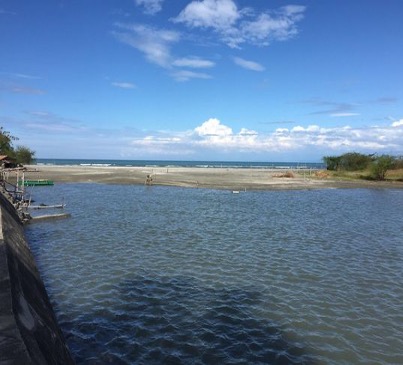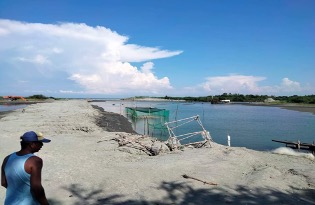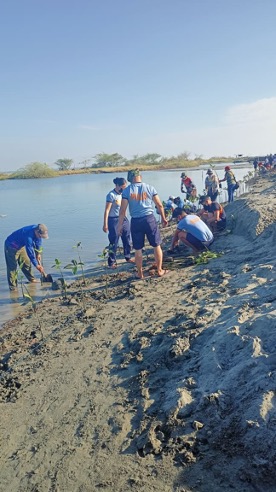Pangasinan State University (PSU), as an educational institution, indeed has a comprehensive approach towards minimizing the physical, chemical, and biological alterations of aquatic ecosystems. This strategy is implemented through various research and extension activities, which are coordinated through its dedicated research centers, CHANOS and CHEDES.
The university’s research initiatives have extensively covered areas such as water quality monitoring, which is crucial for detecting and mitigating chemical pollutants in aquatic environments. Moreover, the studies on microplastics pollution address emerging contaminants affecting marine biodiversity. By assessing the biodiversity, PSU can monitor biological alterations within these ecosystems and propose conservation measures.
PSU’s extension activities are directly aimed at educating and empowering local communities, particularly fisherfolk, on sustainable practices. This includes improving fishpond water quality, which is a practical approach to maintaining the physical and chemical integrity of aquatic ecosystems. Such initiatives are essential for reducing the ecological footprint of aquaculture operations, aligning with the principles of Aquasilviculture, which integrates tree planting and fish farming, promoting a more sustainable use of wetland ecosystems.
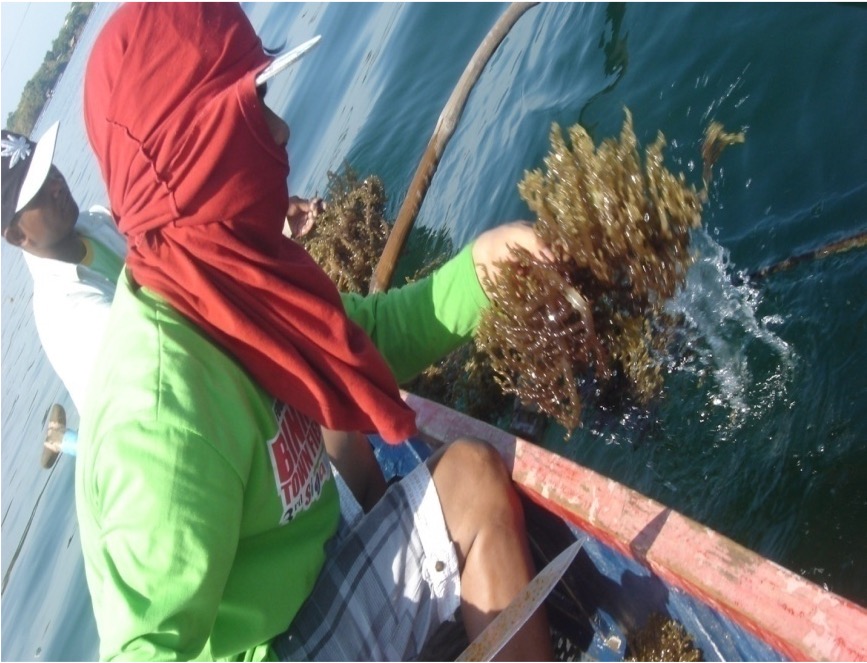
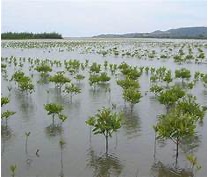
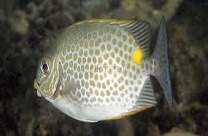
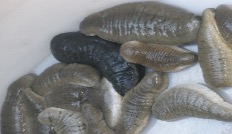
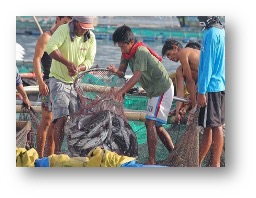
Collaboration with the Environmental Justice Sector Reform Program (EJSRP) further reinforces PSU’s commitment to environmental stewardship. The program’s focus on biophysical assessments and capacity building for local officials is vital for formulating and implementing policies that protect marine ecosystems from various alterations.
Additionally, the provision of a patrol boat and equipment from the US Embassy underlines the university’s role in supporting law enforcement in curbing illegal fishing practices, thereby addressing the physical threats to marine life through overfishing.
The Sustainable Development and Research for Stronger Water Quality Management Areas (SDRS-WQMA) could be another strategic framework that PSU might align with, focusing on maintaining and improving the water quality of rivers and coastal areas through research and sustainable management practices.
In conclusion, PSU’s integrated approach through research, extension services, collaboration with environmental programs, and support of law enforcement highlights its comprehensive plan to minimize alterations to aquatic ecosystems. This approach, alongside strategies like Aquasilviculture and alignment with programs such as the SDRS-WQMA, showcases the university’s proactive stance in preserving the integrity of marine and freshwater environments.
